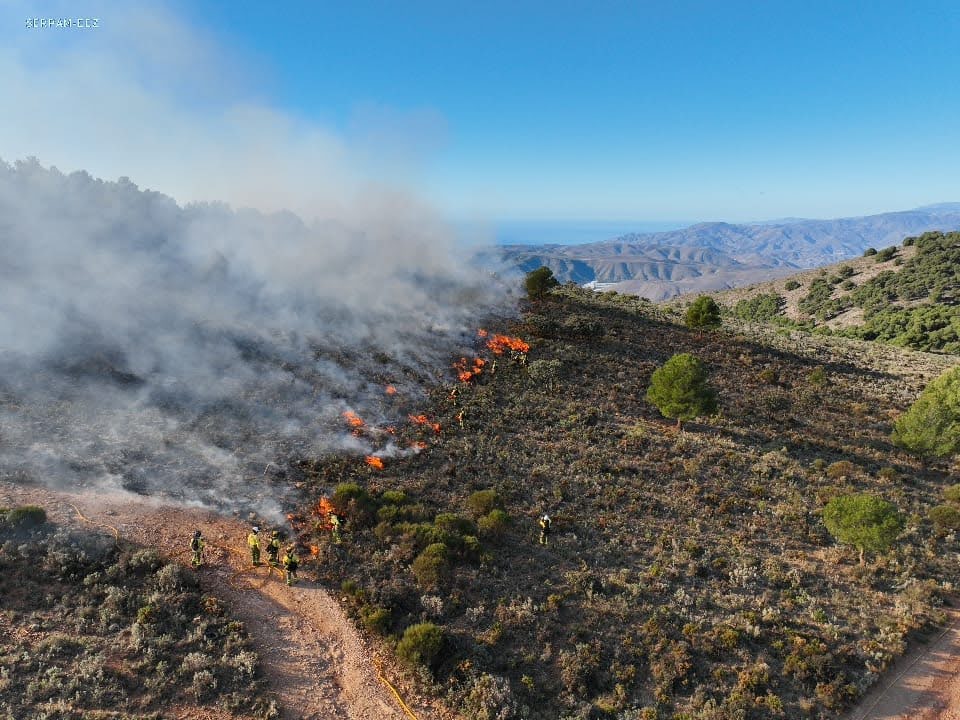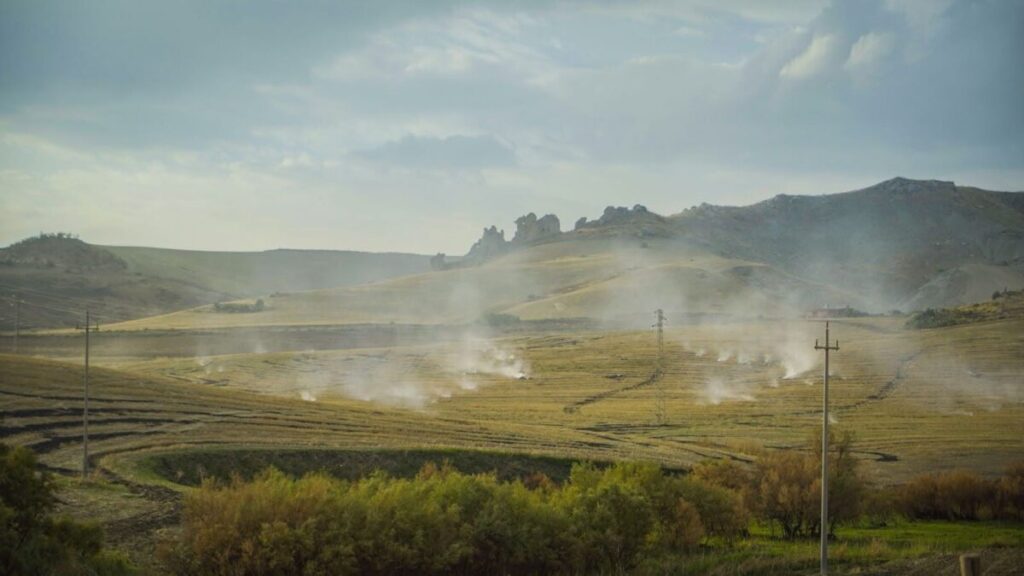The revival of controlled fires is emerging as a preventive measure against catastrophic wildfires in Europe, particularly in regions prone to desertification. The COMPAS program in Spain, involving researchers and firefighters, studies the effects of controlled fires coupled with extensive grazing in areas with a dry climate. The European Data Journalism Network’s transnational journalistic investigation of wildfires explored the matter with an article by Davide Mancini.

Historically, fire has been used to clear vegetation and shape landscapes, but this practice declined with the rural exodus. The aim of projects like COMPAS is to reintroduce controlled fires and grazing, known as “pyric herbivorism,” to prevent large fires. The technique involves identifying areas at risk, planning controlled burns to remove brushwood, and later introducing grazing animals.
As part of the FIRE-RES supported Wildfires in Europe investigation, the article “Fighting fires with fires – and pasture“, published on Voexeurop by Davide Mancini discusses the resurgence of controlled fires, coupled with grazing, as a vital and cost-effective strategy to prevent catastrophic wildfires in dry regions of Europe.
